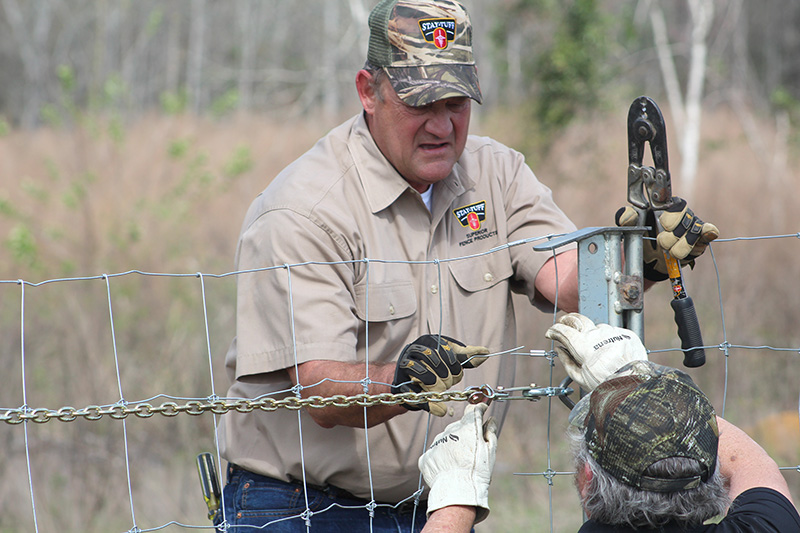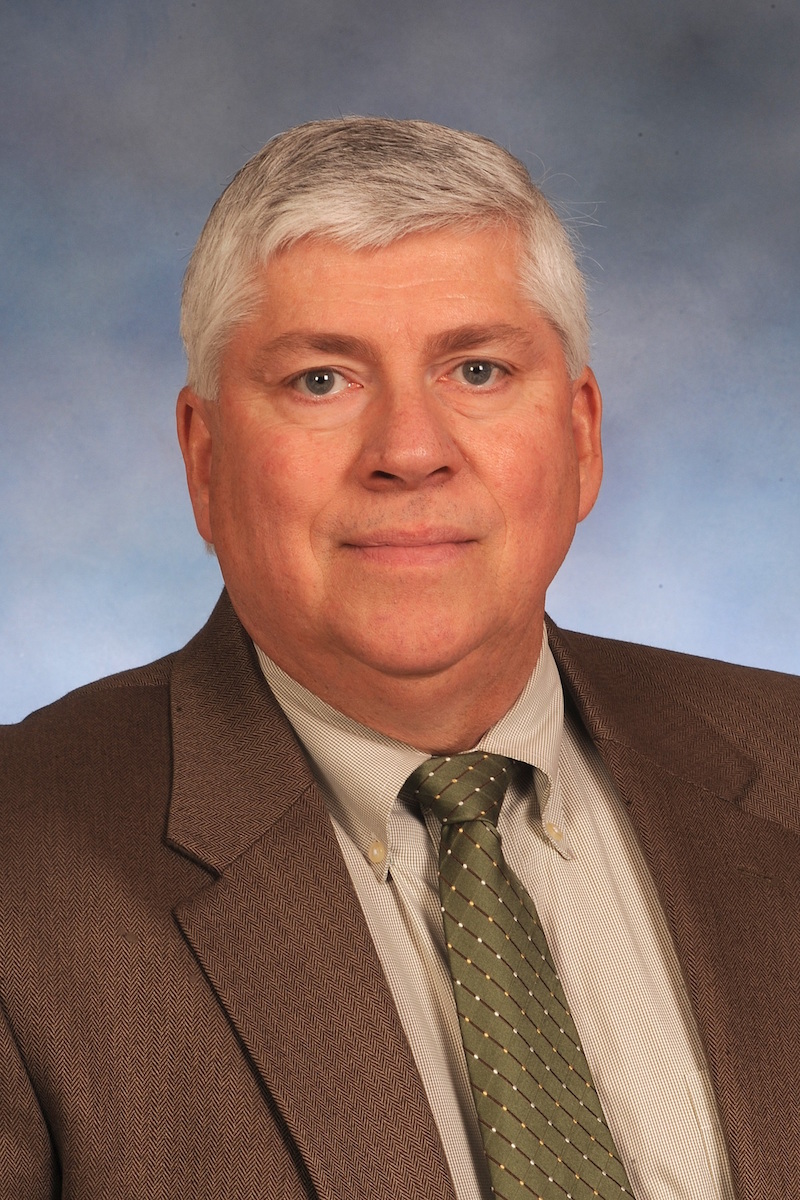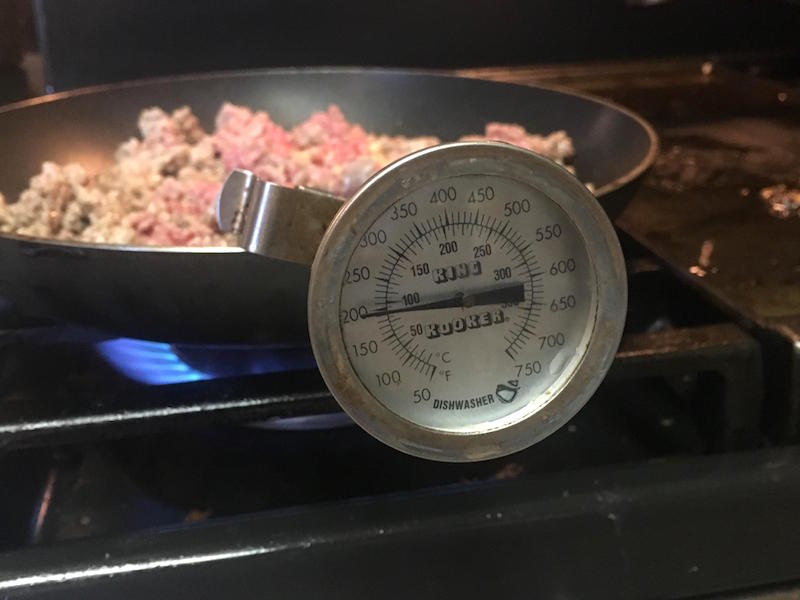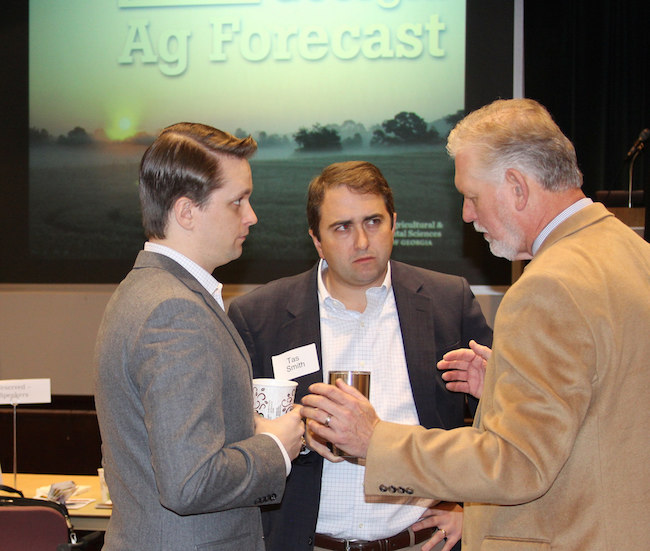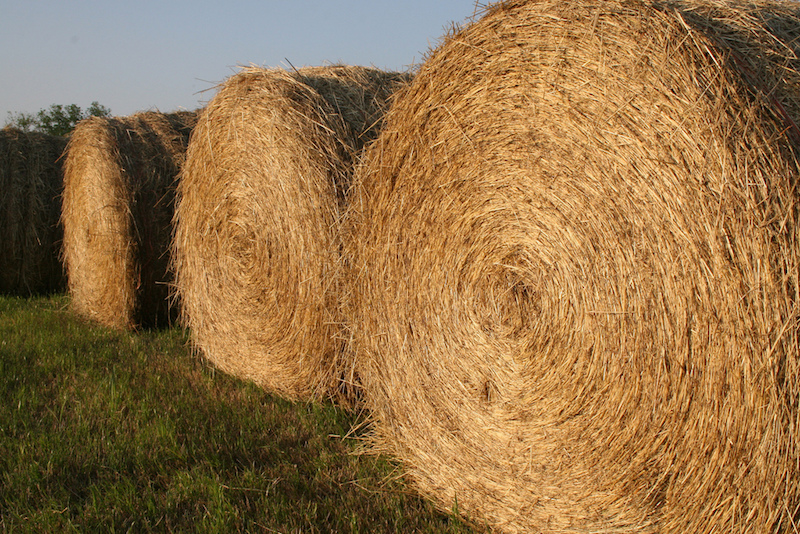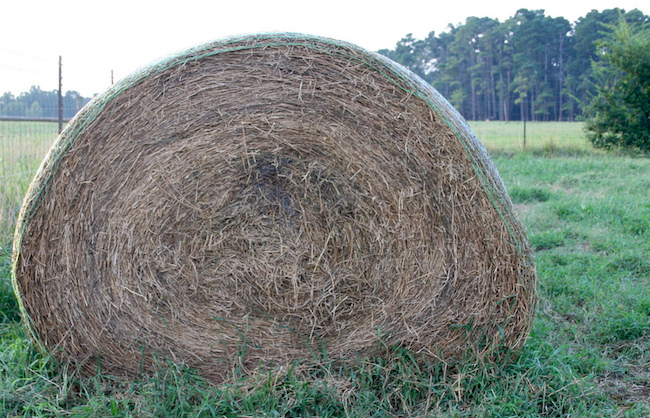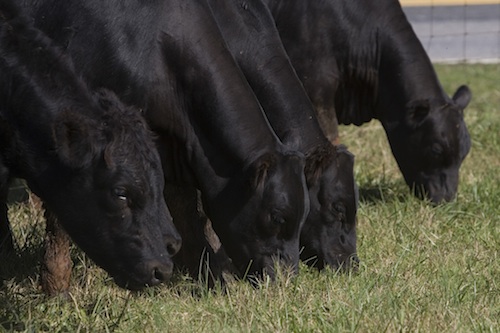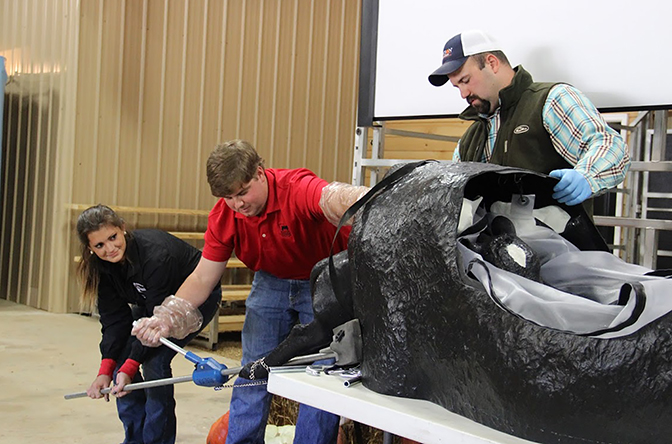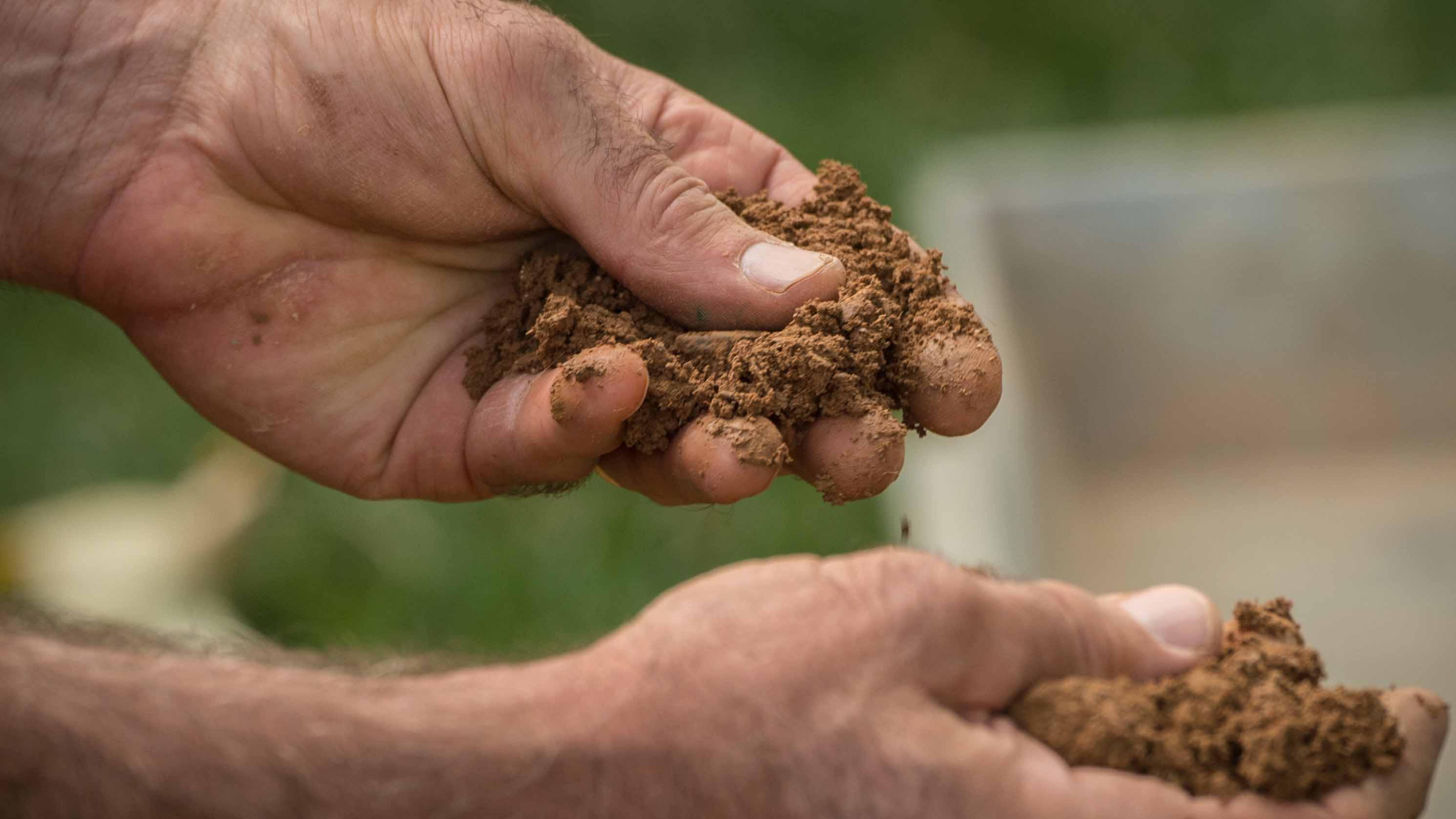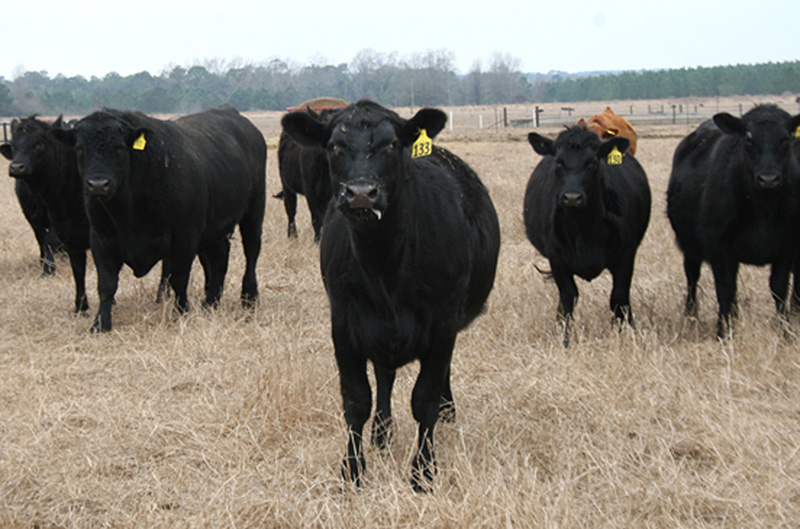 CAES News
CAES News
Beef Cattle Short Course
The University of Georgia Cooperative Extension will hold the Beef Cattle Short Course on Tuesday, March 6, one day before the annual Tifton Bull Evaluation Sale. Both events will be held at the Tifton Bull Evaluation Center in Irwinville, Georgia.

